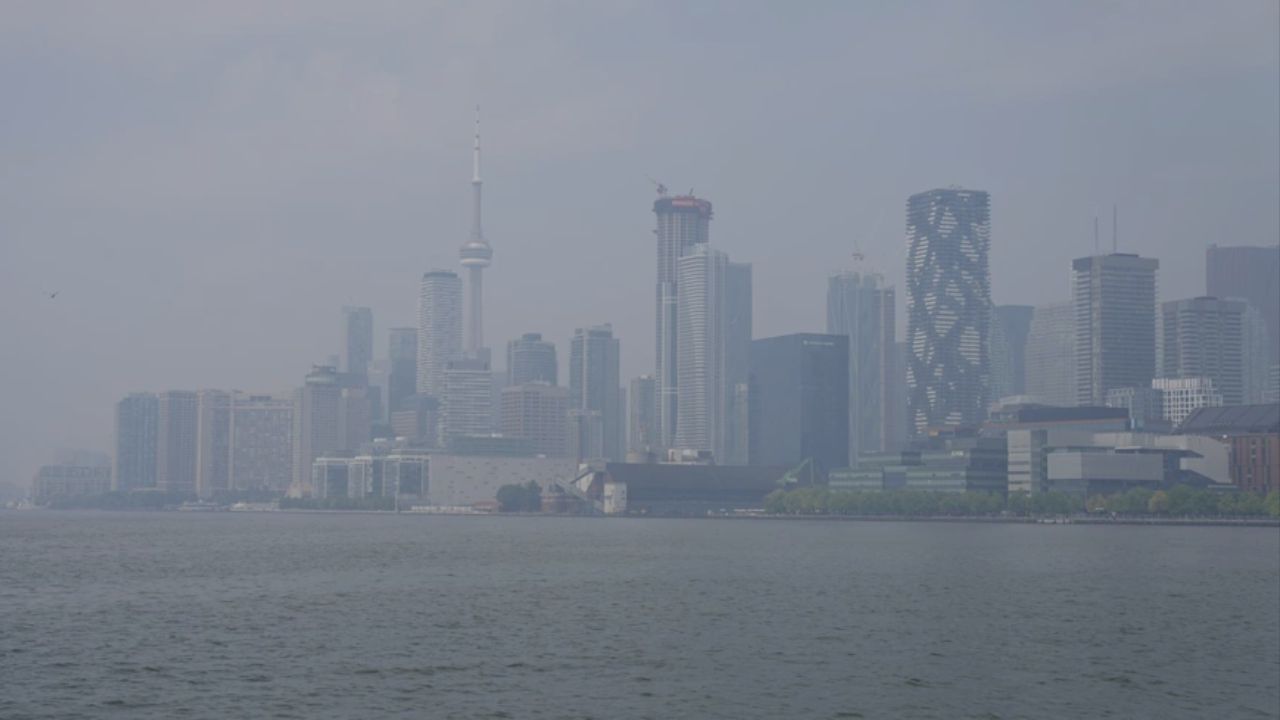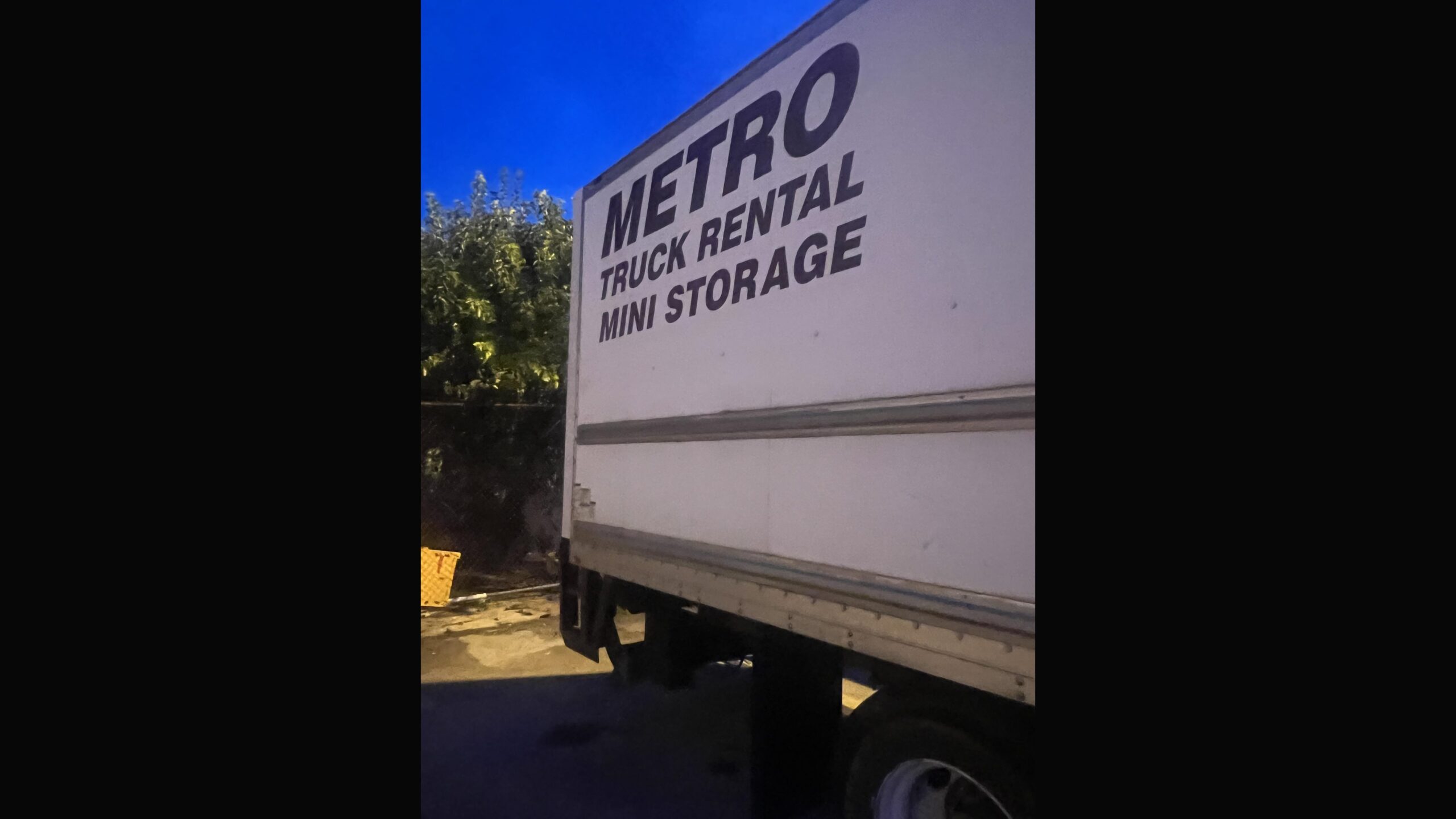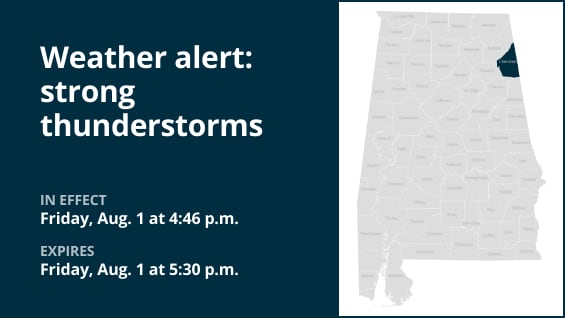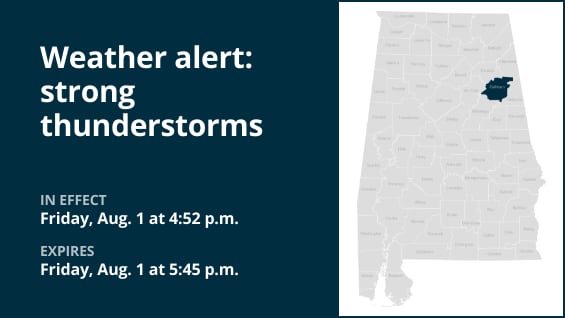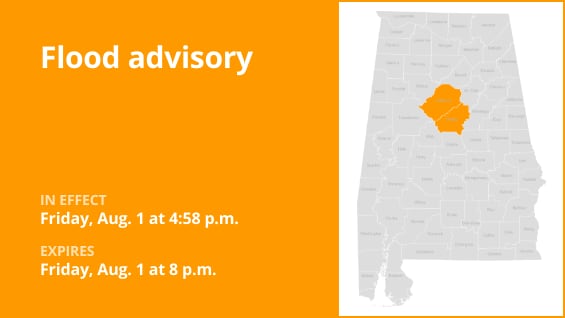Chicago, IL, and Minneapolis, MN — Thick smoke from Canadian wildfires has once again drifted into the United States, plunging Chicago and Minneapolis into the top ranks for the worst air quality in the world this week. Health officials are urging residents to limit outdoor activity as air quality index (AQI) levels soared into the hazardous range.
Air Quality Hits Dangerous Levels
Data from the U.S. Environmental Protection Agency (EPA) and global air monitoring sites showed that both cities registered “very unhealthy” to “hazardous” AQI levels, with PM2.5 concentrations—fine particulate matter harmful to lungs—far above recommended thresholds.
According to the AirNow.gov tracker, Chicago reached AQI levels over 200, while parts of Minneapolis exceeded 180, putting both cities briefly at #1 and #2 globally for worst air quality.
Wildfires in Canada Continue to Burn
The smoke originates from multiple wildfires burning across Quebec and Ontario, part of what’s shaping up to be one of Canada’s most severe wildfire seasons on record. Strong wind patterns are transporting the smoke southward into the U.S. Midwest.
This marks the second major smoke event this summer affecting large swaths of the Midwest and Northeast, reigniting concerns over long-term health risks and climate-driven fire seasons.
Health Warnings and Recommendations
Health agencies in both states have issued air quality alerts and are recommending that residents, especially those with respiratory conditions, avoid strenuous outdoor activity. Schools and sports organizations have modified or canceled outdoor events in affected areas.
Residents are being advised to:
- Stay indoors with windows closed
- Use HEPA filters or air purifiers
- Wear N95 masks if going outside for extended periods
Environmental and Policy Response
Environmental groups and lawmakers are calling for stronger climate action, citing the increasing frequency of cross-border pollution events. Officials are also reviewing disaster readiness measures as wildfire smoke becomes a recurring seasonal hazard.
Has the wildfire smoke affected your health or daily life? Do you believe the U.S. and Canada are doing enough to address climate-related emergencies? Share your perspective in the comments at NewYorkDailyGazette.com and be part of the conversation.
